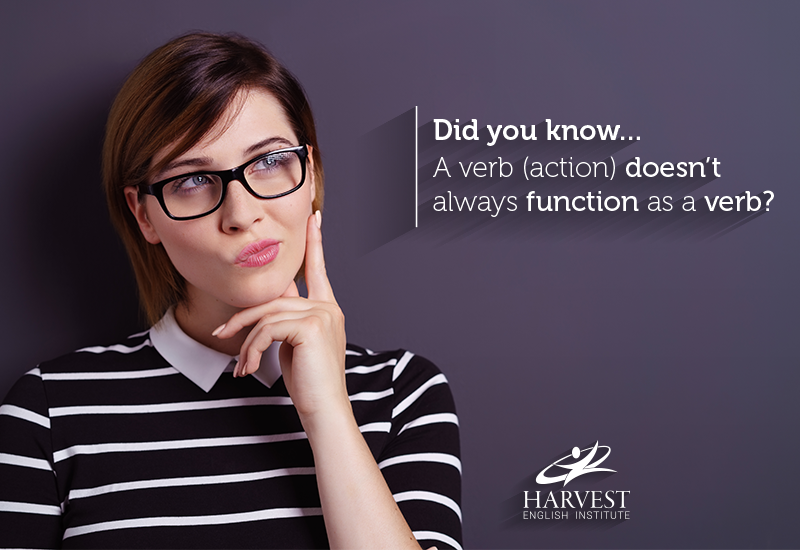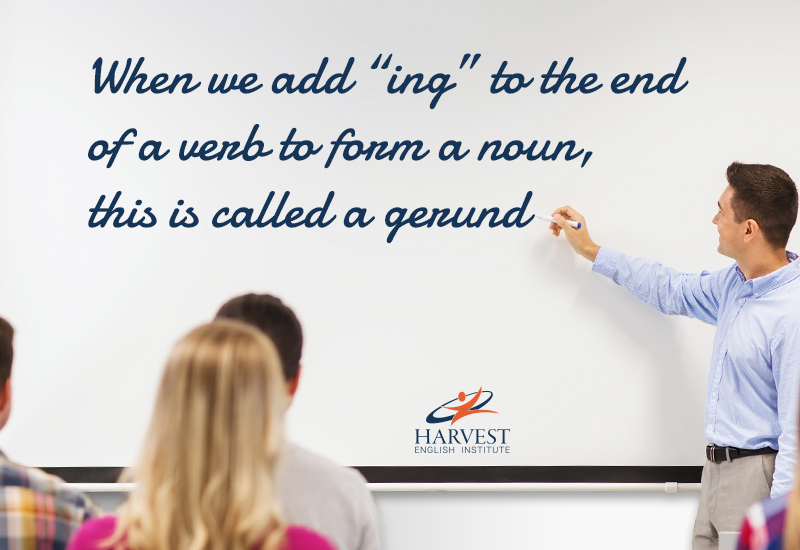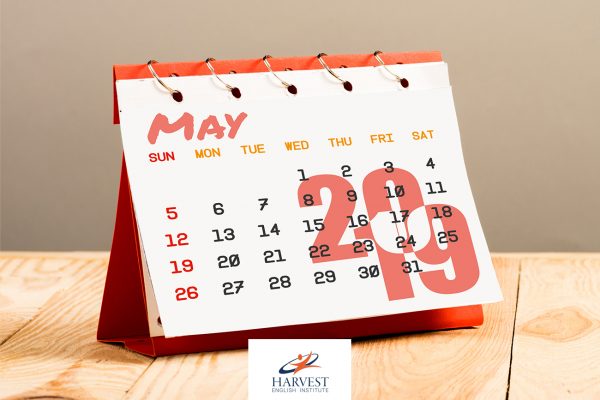Hello Friends, It’s teacher Jeff again! I hope you enjoyed my last blog post about how to tell time in English. This time, I’m here to help you out with gerunds and infinitives. Ready for a short grammar lesson? Let’s get to it!
An Infinitive Used as a Noun? Yes, It’s Possible!
Sometimes a verb (action) doesn’t always function as a verb. Take for example the verb “skydive”. The word “skydive” is an action. A truly terrifying action! However, there are situations where we can use “skydive” as a noun. It could be the subject or object of a sentence.
For example, what if I were to say “Skydiving was the scariest experience of my life.”? In this sentence, “skydiving” is the subject of the sentence. The verb is “was” (past tense of “to be”). Or what if I said “I enjoyed skydiving anyways.” In this example, the subject is “I”. “Enjoyed” is the action or verb that was performed. And “skydiving” is the object or recipient of the action. It’s what I enjoyed doing.

The Difference Between Gerunds and Infinitives
When we add “ing” to the end of a verb to form a noun, this is called a gerund. It’s easy to confuse gerunds with continuous verbs or adjectives. For example, if I said “I was skydiving”, this would be an action (past continuous verb). Or if I said “It was terrifying, but exciting”, the words “terrifying” and “exciting” end with “ing”. But they are adjectives. They describe my experience. Remember, gerunds aren’t verbs or adjectives. Gerunds function as nouns (subjects or objects).

Another way that a verb can function as a noun is by simply adding the word “to” in front of a base verb. For example, “I hope to skydive again someday.” In this sentence, the subject is “I”. The verb is “hope”. And the object is “to skydive”. It’s what I hope to do in this sentence. Or I could say “To skydive takes a lot of courage.” In this example, “To skydive” is the subject of the sentence. And “takes” is the verb.
When we add the word “to” in front of a verb to make it a noun, this is called an infinitive. It functions very similarly to a gerund. But obviously, infinitives and gerunds are formed differently.

Did You Like This Gerunds and Infinitives Practice?
I hope this explains how gerunds and infinitives can be properly used? I used gerunds and infinitives to describe my skydiving experience. I hope to see some of your examples! (By the way “to see” was the infinitive in that sentence.)
Remember you can contact the Harvest team just by filling out the form on your right!




